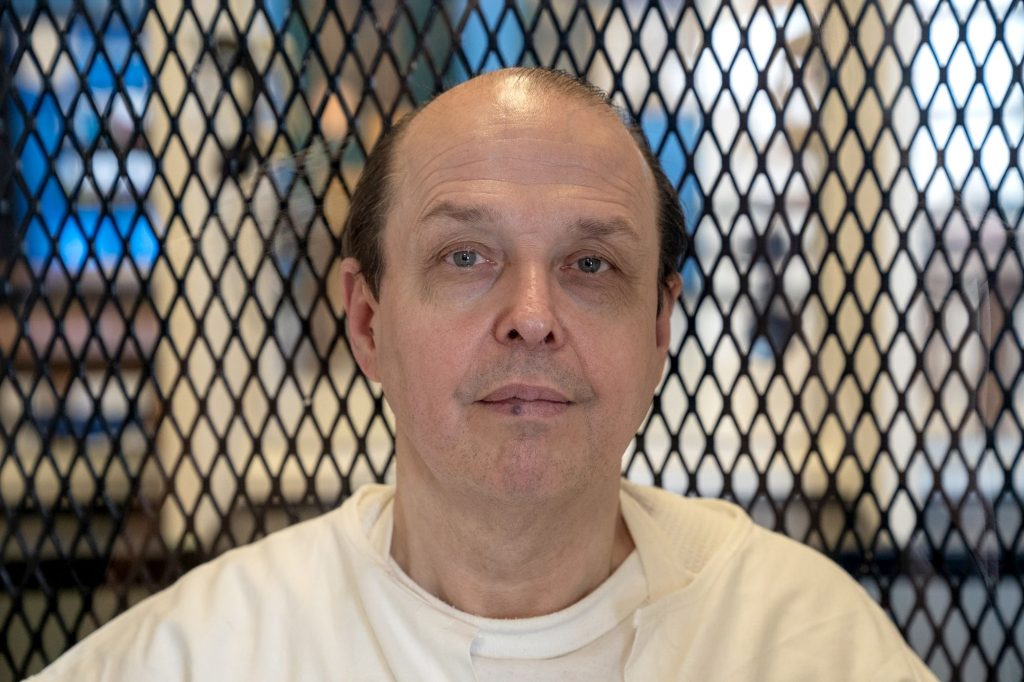Robert Roberson, a Texas man whose execution was halted at the last moment, is set to testify before state lawmakers on Monday regarding his contentious conviction in a “shaken baby syndrome” case.
Roberson, 57, was scheduled to be executed at the Texas state penitentiary in Huntsville last Thursday for the February 2002 death of his two-year-old daughter, Nikki. However, the Texas Supreme Court issued a stay of execution following a rare bipartisan appeal from state House representatives.
The state legislature has summoned Roberson, who has been diagnosed with autism, to speak before the House Committee on Criminal Jurisprudence, which is currently investigating his conviction.
Roberson is expected to testify at noon Central Time (1700 GMT) during a hearing focusing on the use of ‘junk science’ in criminal trials. It remains uncertain whether Roberson will appear in person or via video link. His lawyer and state lawmakers have pushed for his physical presence, while the Texas Attorney General’s Office prefers a Zoom appearance.
A bipartisan coalition of 86 Texas legislators has called for clemency, pointing to “voluminous new scientific evidence” that raises doubts about Roberson’s guilt. If executed, he would be the first person in the US to face the death penalty based on a shaken baby syndrome diagnosis.
The case has attracted widespread attention from Texas lawmakers, bestselling author John Grisham, medical experts, and the Innocence Project, which advocates for overturning wrongful convictions. Among Roberson’s supporters is Brian Wharton, the former chief detective of Palestine, Texas, who initially helped convict him.
Roberson has always maintained his innocence. His attorney, Gretchen Sween, argues that new medical evidence suggests Nikki’s death was due to natural causes, including pneumonia, exacerbated by improper medication prescribed at the hospital. She asserts that the shaken baby syndrome diagnosis was mistaken.
Sween also highlighted that Roberson’s autism, which was only diagnosed in 2018, played a significant role in his arrest and conviction. She explained that his condition led hospital staff to misinterpret his “flat affect” as a sign of guilt, influencing the outcome of the trial.
Roberson’s legal challenges persisted until the Texas Supreme Court granted him a temporary reprieve last Thursday. Prior to this, the Texas Board of Pardons and Paroles voted 6-0 against recommending clemency, and the US Supreme Court denied his stay of execution request without comment.
Kate Judson of the Center for Integrity in Forensic Sciences noted that over 30 parents and caregivers in 18 states have been exonerated after being wrongfully convicted using “unscientific” shaken baby testimony.
So far this year, there have been 20 executions in the United States.

